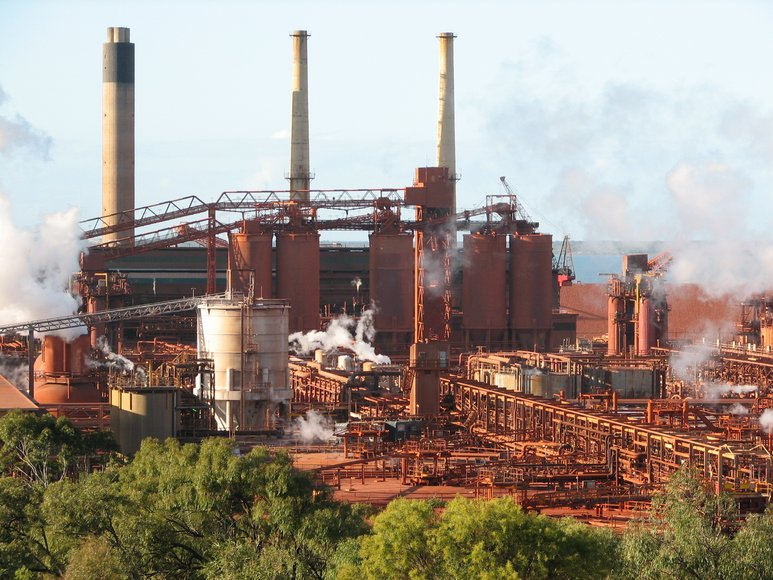December 2022 - AHK Greater China organized a networking meeting on November 24, 2022 to discuss the potential of the building materials and non-ferrous metals sectors for decarbonization and inclusion in the Chinese ETS. The event was organized under the "Carbon Market Cooperation" project of AHK Greater China and supported by the German Federal Ministry for the Environment, Nature Conservation, Nuclear Safety and Consumer Protection (BMUV). More than 90 participants from various stakeholders attended the virtual event.
Among others, Mr. Wang Xinchun (Deputy Chief Engineer, Institute of Technical Information for Building Materials Industry of China) gave insights into the emission reduction potential of the building materials industry. The green development of China's building materials sector began back in 2005 in the context of the Clean Development Mechanism (CDM). Since the introduction of the regional pilot markets for emissions trading in 2013, the Chinese building materials sector has also continued to be involved, with currently 434 companies in the eight pilot markets – 39 percent from the cement industry and 37 percent from the tile industry. According to Wang, it has not yet been conclusively clarified which key sectors of the building materials industry will be included in the national ETS by 2025.
Prof. Zhou Sheng (Institute of Energy, Environment and Economy, Tsinghua University) provided up-to-date insights into developments and preparations for the inclusion of the non-ferrous metals sector in the ETS. According to the "Action Plan for Carbon Peak in the Non-Ferrous Metals Industry" published at the beginning of November, the aim is to improve the material cycle by increasing the use of scrap metal by 2025 (at least 24 percent) in order to reach the peak emissions of the non-ferrous metals sector in 2030. In addition, the share of renewable energies in primary aluminium production is to account for at least 30 percent by 2030.
Finally, Dr Roland Geres (FutureCamp) shared the experiences of energy-intensive industries in Germany and the European Union with emissions trading. Dr Geres first presented the climate policy instruments that apply to the energy sector and energy-intensive industries in the EU. Dr Geres emphasized that emission-intensive industries in particular are not making sufficient progress in reducing their emissions. However, the ETS should not be seen as the sole solution – rather, it is an essential instrument for initiating necessary emission reduction measures in the energy-intensive building materials and non-ferrous metals industry, Geres underlined.
Further information
A detailed documentation of the network meeting has been published in the November issue of Econet Monitor magazine, which is published by AHK Greater China in Beijing. The issue can be downloaded here: Econet Monitor November 2022.
Note: The publication is available in German only.

